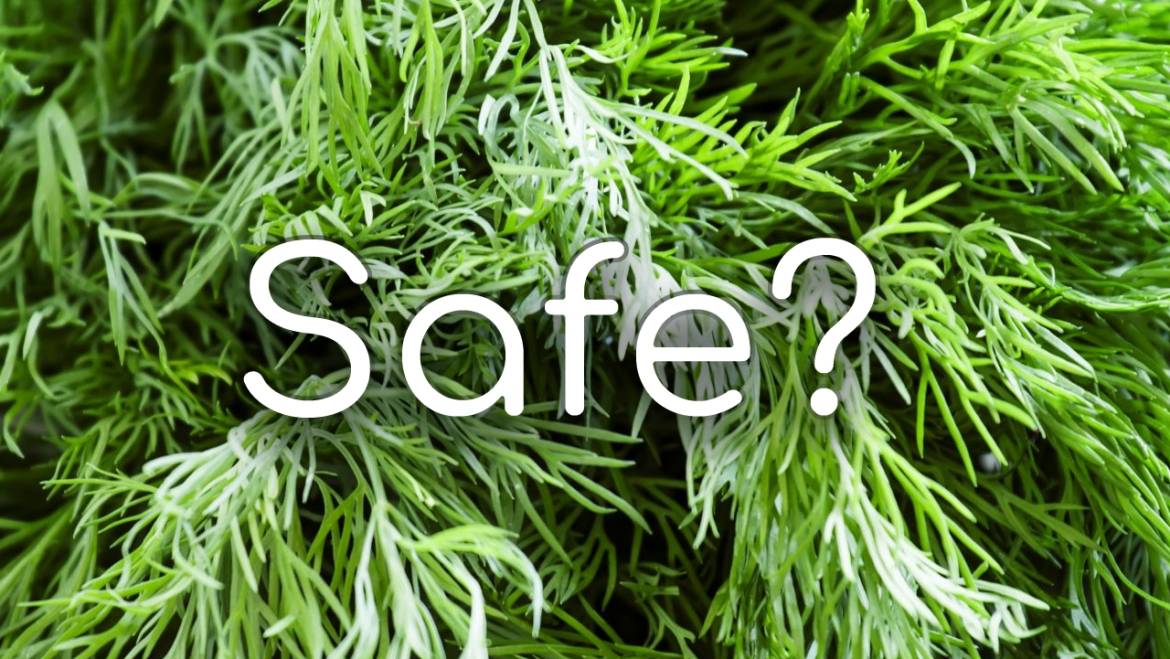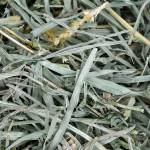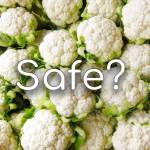Chinchillas are adorable pets that require a balanced and nutritious diet to maintain their health. As an owner, you may be curious about what foods are safe for your furry friend to eat. Dill is a popular herb in the kitchen, and you might be wondering if your chinchilla can enjoy this herb as well. In this article, we will explore the question, “Can Chinchillas Eat Dill?” and provide you with all the information you need to know.
What is Dill?
Dill is an herb with a unique flavor and aroma that is used in various culinary dishes worldwide. It belongs to the celery family and is commonly used as a garnish or seasoning in salads, soups, stews, and pickles. Dill has many health benefits and is rich in vitamins A and C, calcium, iron, and magnesium.
Can Chinchillas Eat Dill?
Yes, chinchillas can eat dill in moderation. Dill is non-toxic and safe for chinchillas to consume, provided it is given in small amounts as a treat. As with any new food, it is important to introduce dill gradually into your chinchilla’s diet and monitor their behavior for any adverse reactions.
Benefits of Feeding Dill to Chinchillas
- Promotes Digestive Health: Dill is rich in dietary fiber, which can help promote good digestive health in chinchillas. Fiber is crucial for keeping your chinchilla’s digestive system healthy and preventing constipation.
- Boosts Immunity: Dill is high in vitamins A and C, which can help boost your chinchilla’s immune system and protect them from diseases.
- Reduces Inflammation: Dill contains flavonoids and other compounds that have anti-inflammatory properties. Feeding your chinchilla dill can help reduce inflammation and improve their overall health.
Risks of Feeding Dill to Chinchillas
- Digestive Issues: Although dill is high in fiber, feeding your chinchilla too much of it can cause digestive issues such as diarrhea, bloating, and stomach upset. It is essential to feed dill in moderation and observe your chinchilla’s behavior for any signs of digestive distress.
- Calcium Deficiency: Dill contains oxalates, which can bind to calcium in the body and prevent it from being absorbed. Feeding your chinchilla too much dill can lead to calcium deficiency, which can cause health problems such as weak bones and teeth.
- Allergic Reactions: While dill is non-toxic and safe for chinchillas to eat, some chinchillas may be allergic to it. Signs of an allergic reaction may include difficulty breathing, sneezing, or skin rashes. If you notice any of these symptoms, stop feeding your chinchilla dill and seek veterinary advice.
How Much Dill Can Chinchillas Eat?
Chinchillas have sensitive digestive systems and require a specific diet to maintain their health. While dill is safe for chinchillas to eat, it should be given in moderation and as an occasional treat. Feeding your chinchilla too much dill can cause digestive issues and calcium deficiency. A small sprig of dill once or twice a week is enough for your chinchilla to enjoy as a treat.
Other Herbs and Vegetables Safe for Chinchillas
- Herbs: Apart from dill, chinchillas can also enjoy other herbs such as parsley, cilantro, and basil in moderation. These herbs are safe for chinchillas to consume and can provide them with various health benefits.
- Vegetables: Chinchillas can eat a variety of vegetables, including carrots, celery, spinach, and bell peppers, among others. Vegetables should be introduced gradually into your chinchilla’s diet to prevent digestive issues.
Foods to Avoid Feeding Chinchillas
- Fruits: While fruits are delicious and healthy for humans, they are high in sugar and should be avoided when feeding chinchillas. Fruits can cause digestive issues, obesity, and dental problems in chinchillas.
- Dairy: Chinchillas are lactose intolerant, and feeding them dairy products can cause digestive issues and diarrhea.
- Processed Foods: Processed foods such as crackers, chips, and cereals are high in sugar and unhealthy for chinchillas. They can cause digestive problems and obesity in chinchillas.
In conclusion, dill is safe for chinchillas to eat in moderation as an occasional treat. Dill can provide various health benefits such as promoting digestive health, boosting immunity, and reducing inflammation. However, feeding your chinchilla too much dill can cause digestive issues and calcium deficiency. It is essential to introduce dill gradually into your chinchilla’s diet and monitor their behavior for any adverse reactions. Apart from dill, chinchillas can also enjoy other herbs and vegetables in moderation. Fruits, dairy products, and processed foods should be avoided when feeding chinchillas to prevent health problems.







